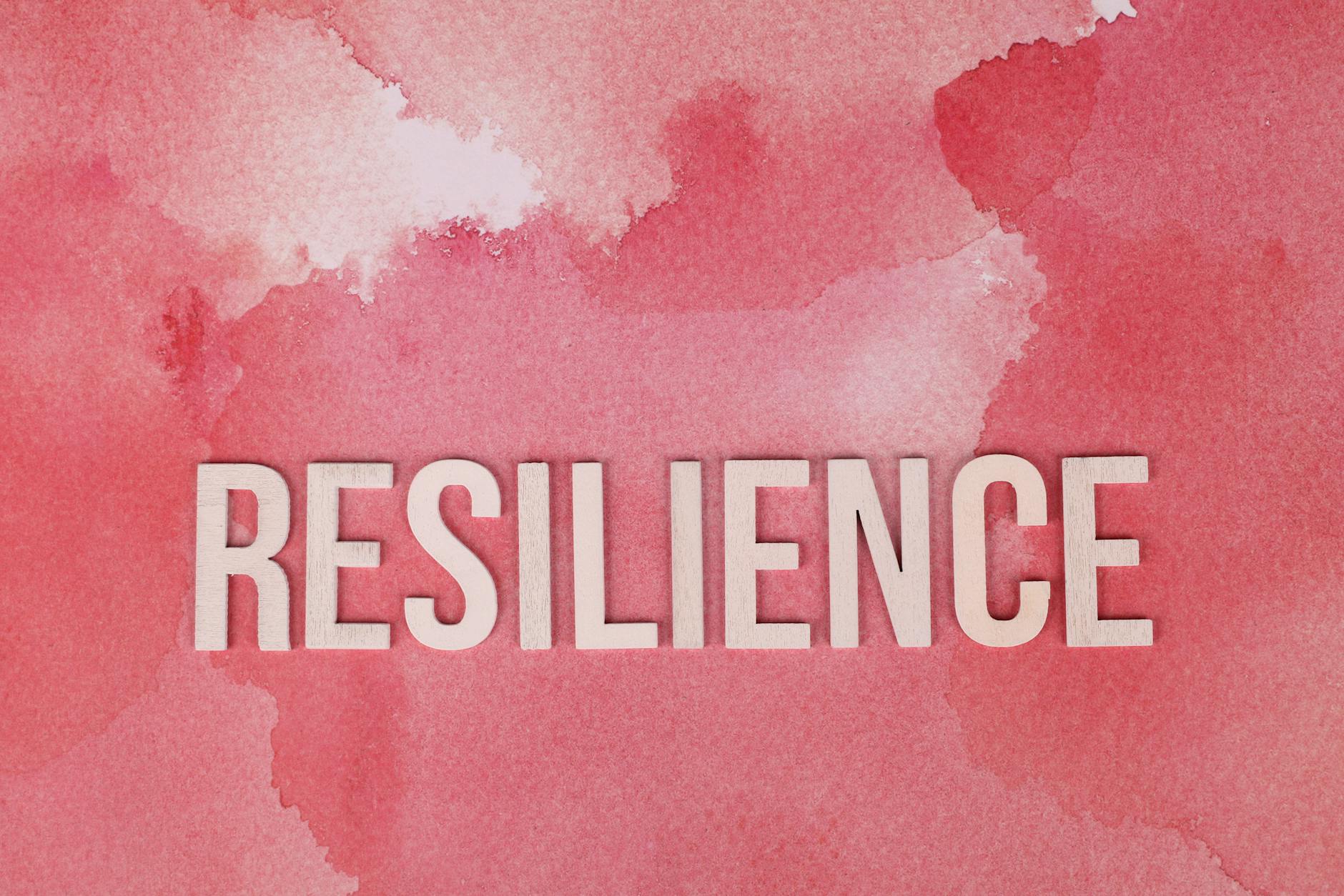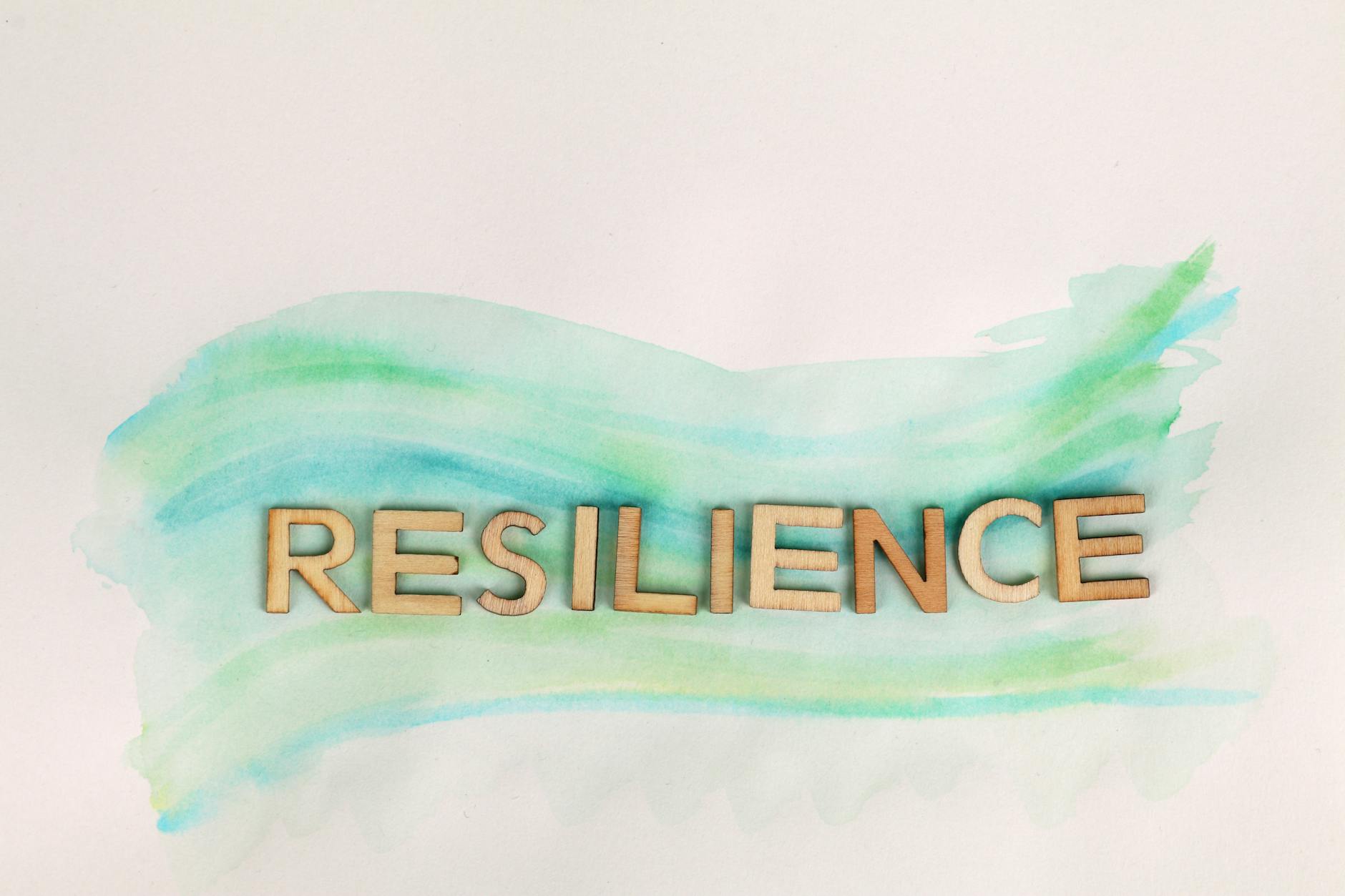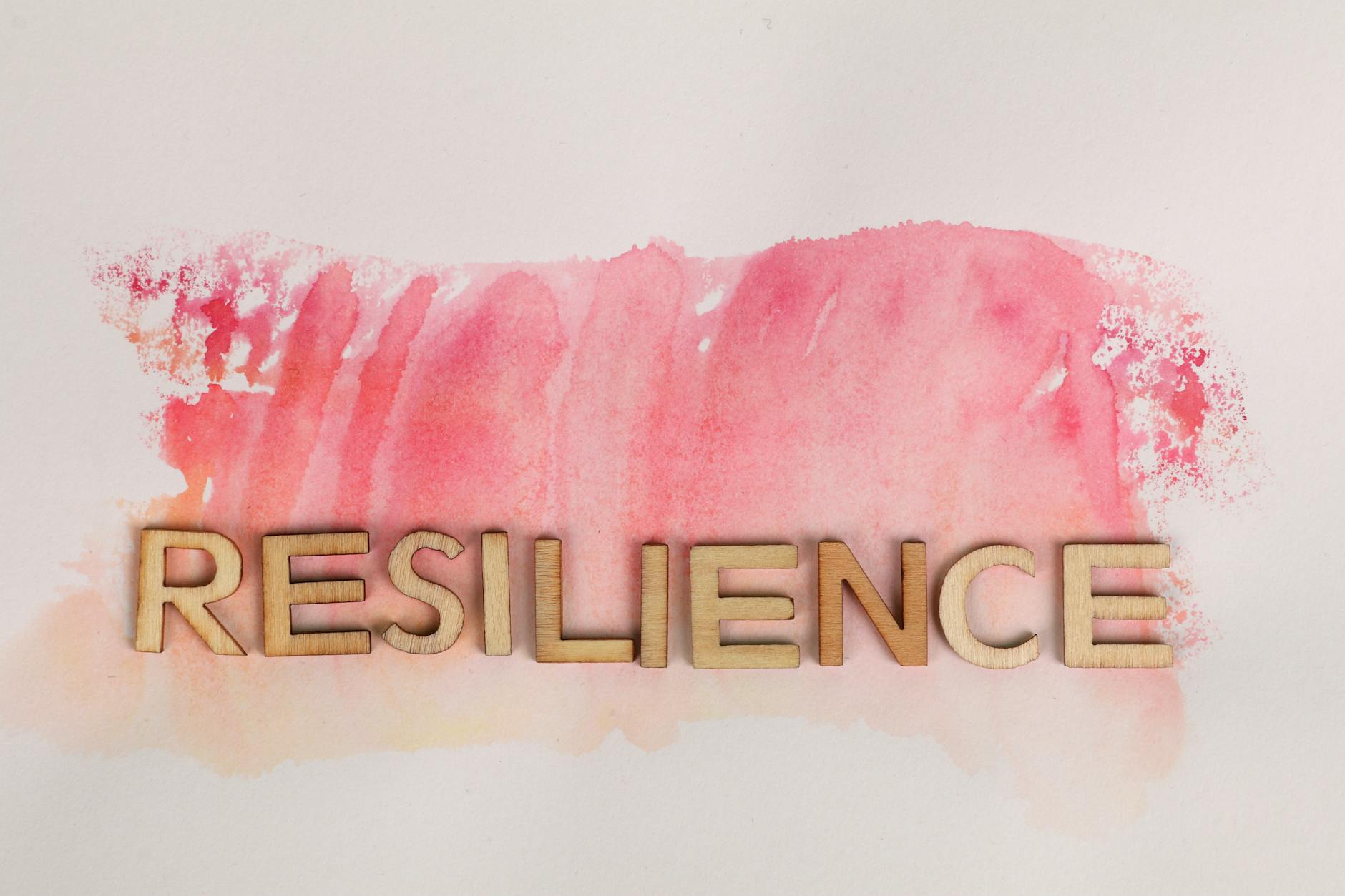Stoicism, an ancient Greek philosophy, offers timeless wisdom on how to navigate life's challenges with resilience and inner strength. In this blog post, we will explore key stoic principles that can help you cultivate a resilient mindset and navigate adversity with grace. Whether you're facing personal setbacks or professional challenges, the insights from Stoicism can empower you to embrace obstacles as opportunities for growth and develop a steadfast inner strength.
Understanding Stoicism
Stoicism, a school of Hellenistic philosophy, offers timeless wisdom on building resilience and inner strength. Its core principles and philosophies have made it enduringly relevant in today’s world. Here, we delve into the origins and principles of Stoicism and explore the key Stoic philosophers who have shaped this influential school of thought.
Origins and Principles of Stoicism
Stoicism was founded in Athens by Zeno of Citium in the early 3rd century. The philosophy emphasizes the development of self-control and fortitude as a means of overcoming destructive emotions. Central to Stoicism is the idea of focusing on what is within one's control and letting go of the rest. This school of thought advocates for living in harmony with the universe and accepting the present moment without allowing external events to disturb inner peace.
Key Stoic Philosophers
- Epictetus: A former slave who became a leading Stoic philosopher, Epictetus focused on personal resilience and self-mastery. His teachings revolved around the concept of controlling one's perceptions and responses to external events, emphasizing the power of the individual to navigate life's challenges.
- Seneca the Younger: A prominent Roman Stoic philosopher, Seneca emphasized the importance of reason and self-reflection in achieving inner tranquility. He explored themes of virtue, self-discipline, and the path to living a fulfilling life despite adversity.
- Marcus Aurelius: As a Roman emperor and Stoic philosopher, Marcus Aurelius documented his reflections on Stoic philosophy in his private journal, known as "Meditations." His writings offer profound insights into maintaining composure and moral integrity in the face of trials and tribulations.
The wisdom of Stoicism, as imparted by these and other key figures, continues to offer invaluable guidance on cultivating resilience and inner strength in the modern world.
Cultivating Resilience through Stoicism
Adversity is an inevitable part of life, and Stoicism teaches us to embrace these challenges as opportunities for growth. By reframing hardships as opportunities to exercise our inner strength, we can cultivate resilience in the face of adversity. Stoicism encourages individuals to develop emotional resilience and mental toughness by acknowledging that they have the power to choose their responses to external events.
Embracing Adversity as an Opportunity for Growth
One of the fundamental teachings of Stoicism is the acceptance of the things that are beyond our control. By shifting our perspective and viewing challenges as opportunities for personal development, we can build resilience. Just as a muscle grows stronger through resistance, facing adversity can lead to emotional growth and increased mental resilience.
Developing Emotional Resilience and Mental Toughness
Stoic philosophy emphasizes the importance of maintaining equanimity in the face of adversity. By practicing mindfulness and self-awareness, individuals can develop emotional resilience, allowing them to navigate difficult circumstances with composure and clarity. This mental toughness enables individuals to confront challenges with fortitude and resilience, rather than being consumed by negative emotions.
Applying Stoic Practices in Daily Life
Stoic practices, such as negative visualization and premeditatio malorum (the premeditation of evils), can be powerful tools for building resilience. By mentally preparing for potential obstacles and adversities, individuals can develop the strength to face challenges with courage and resilience. Additionally, the practice of voluntary discomfort, such as intermittent fasting or cold exposure, can instill a sense of resilience by demonstrating one's ability to endure discomfort and hardship.

Photo by Ann H on Pexels
Building Inner Strength with Stoic Practices
Stoicism, an ancient Greek philosophy, offers valuable insights into building inner strength through the cultivation of virtue, mindfulness, and tranquility. By embracing these Stoic practices, individuals can develop resilience and fortitude in the face of life's challenges.
The Role of Virtue in Stoicism
Central to Stoic philosophy is the concept of virtue, encompassing qualities such as wisdom, courage, justice, and moderation. Practitioners of Stoicism believe that true strength lies in aligning one's actions with these virtues, leading to a life of integrity and moral excellence. By prioritizing virtue, individuals can navigate adversity with dignity and coherence, fostering a resilient inner core.

Photo by Ann H on Pexels
Exercising Stoic Mindfulness and Acceptance
Stoicism emphasizes the practice of mindfulness and acceptance, enabling individuals to confront reality with clarity and composure. By acknowledging the transient nature of external events and embracing what lies within their control, individuals can cultivate a sense of inner calm amidst turmoil. This mindful approach fosters the resilience needed to endure challenges while staying grounded in the present moment.
Nurturing Inner Peace and Tranquility
Stoic philosophy advocates for the cultivation of inner peace and tranquility through self-reflection and detachment from external disturbances. By developing an unshakable inner serenity, individuals can confront adversity without being consumed by it. This state of tranquility serves as a source of inner strength, empowering individuals to confront life's uncertainties with equanimity and resolve.
Stoicism in Modern Psychology and Therapy
Stoicism has made its mark on modern psychology and therapy by influencing various approaches and techniques aimed at enhancing resilience and inner strength. The integration of Stoic principles in Cognitive Behavioral Therapy (CBT) has been particularly impactful in empowering individuals to navigate life's challenges.
Integration of Stoic Principles in Cognitive Behavioral Therapy
Cognitive Behavioral Therapy, a widely practiced form of psychotherapy, draws from Stoic philosophy by emphasizing the role of perception and cognition in shaping emotions and behaviors. By adopting Stoic concepts such as focusing on what is within one's control, challenging irrational beliefs, and cultivating a mindset of acceptance, CBT equips individuals with practical tools to manage adversity and cultivate resilience.
Resilience-Building Techniques Inspired by Stoicism
Stoicism offers profound insights into resilience-building, and modern therapeutic approaches have leveraged these principles to develop effective techniques. Practices such as negative visualization, where individuals contemplate potential challenges and setbacks, aim to mentally prepare them to face adversity with composure. Additionally, the application of Stoic virtues like courage, wisdom, and self-discipline serves as a foundation for promoting resilience in therapeutic interventions.

Photo by Ann H
Embracing Stoicism in Daily Life
Stoicism, an ancient philosophy, offers timeless insight and practical guidance for navigating the complexities of modern life. Embracing Stoicism in daily life involves integrating its core principles into decision-making and relationships, fostering resilience and inner strength.
Applying Stoic Values to Decision Making
Incorporating Stoic values into decision-making empowers individuals to approach challenges with clarity and composure. By embracing the Stoic virtues of wisdom, courage, justice, and temperance, individuals can cultivate a balanced mindset when confronted with difficult choices. Applying the concept of the Stoic "view from above" allows one to gain perspective and make decisions aligned with virtuous principles. This approach encourages thoughtful deliberation and promotes a sense of personal responsibility in every decision.
Stoic Practices in Professional and Personal Relationships
In both professional and personal relationships, Stoic practices offer valuable insights. By prioritizing the cultivation of meaningful connections while acknowledging the inherent unpredictability of external events, individuals can approach relationships from a place of tranquility and empathy. Embracing the Stoic concept of "amor fati," or love of fate, enables individuals to accept and embrace the circumstances of their interactions, fostering a sense of equanimity and resilience. By prioritizing virtue and integrity in relationships, individuals can navigate challenges with grace and fortitude, enriching their personal and professional lives.

Image by Yaroslav Shuraev on Pexels
Conclusion
In conclusion, the timeless wisdom of Stoicism offers valuable lessons in building resilience and inner strength. By embracing the philosophy of focusing on what is within our control, practicing gratitude, and accepting the inevitable, individuals can cultivate a mindset that empowers them to navigate life's challenges with grace and fortitude. The Stoic principles of maintaining perspective, finding tranquility in the face of adversity, and developing emotional resilience continue to hold relevance in today's fast-paced and unpredictable world. Incorporating these teachings into daily life can lead to a profound sense of inner strength and a more resilient approach to the inevitable ups and downs of life.








